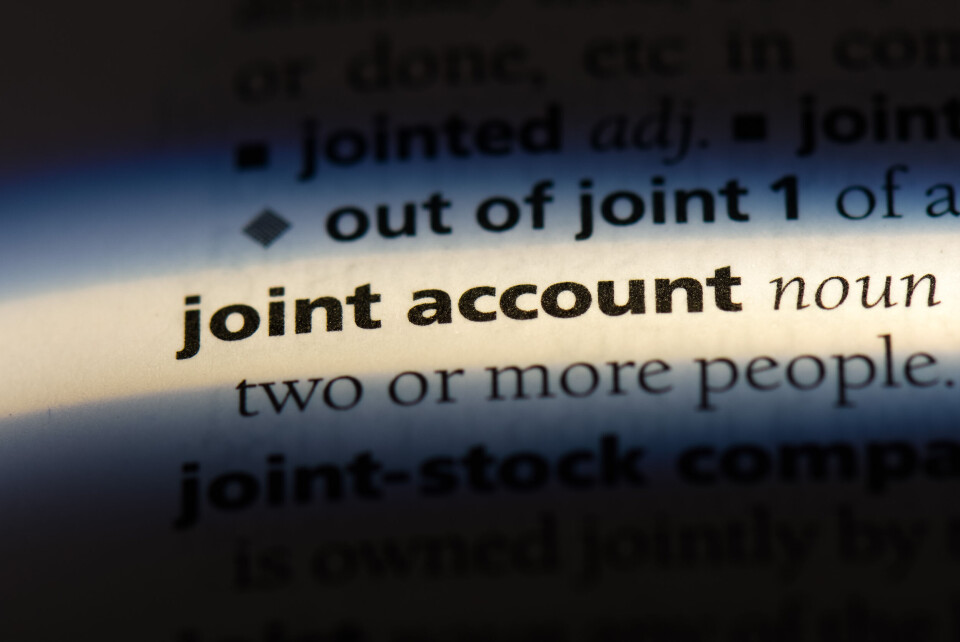-
World corruption: France better than US but worse than UK
High-level public figures in France have a ‘feeling of impunity’, the ranking says
-
Best value 2026 Michelin French restaurants: Are there any near you?
Four regions did especially well on this year’s Bib Gourmand restaurant list
-
Senators examine proposal to guarantee access to cash machines in rural areas of France
Some 18.6% of French communes had access to at least one local ATM in 2024
What happens to a joint French bank account during a divorce?
We get guidance on how to protect your money in a joint account when going through a separation or divorce

You can separate a joint bank account through a process called désolidarisation.
It is generally recommended to do this as soon as possible, without waiting for the divorce to be finalised.
Read more: British woman's warning over spouse's right to her French bank account
What does désolidarisation do?
You can do this by sending a registered letter with a delivery receipt to your bank.
If both parties agree to this, it will either be closed or transformed into an individual account.
If, however, only one person wants to close the account, it will remain open, but transactions will require both parties’ signatures.
Read more: A guide to understanding divorce in France
Take action immediately
Either way, it is important to take action to prevent an ex-partner being able to empty the account.
Lawyer Marie-Pierre Lazard said: “A spouse who tries to spend or hide money, or to avoid saying how much they own, is something you find in many divorce proceedings.”
Read more: Securing sole ownership of a house in France from an ex
Divorce does not revoke power of attorney
If during the marriage you gave power of attorney to your spouse to undertake transactions using your personal bank account, this will have to be revoked, again by writing to your bank.
The power of attorney is not automatically cancelled in the event of a divorce.
Related articles
How to get a Pacs in France and what differences to marriage
Why you could be liable for in-laws’ upkeep if they live in France
Bid to limit bank fees applied to accounts after a death in France
























